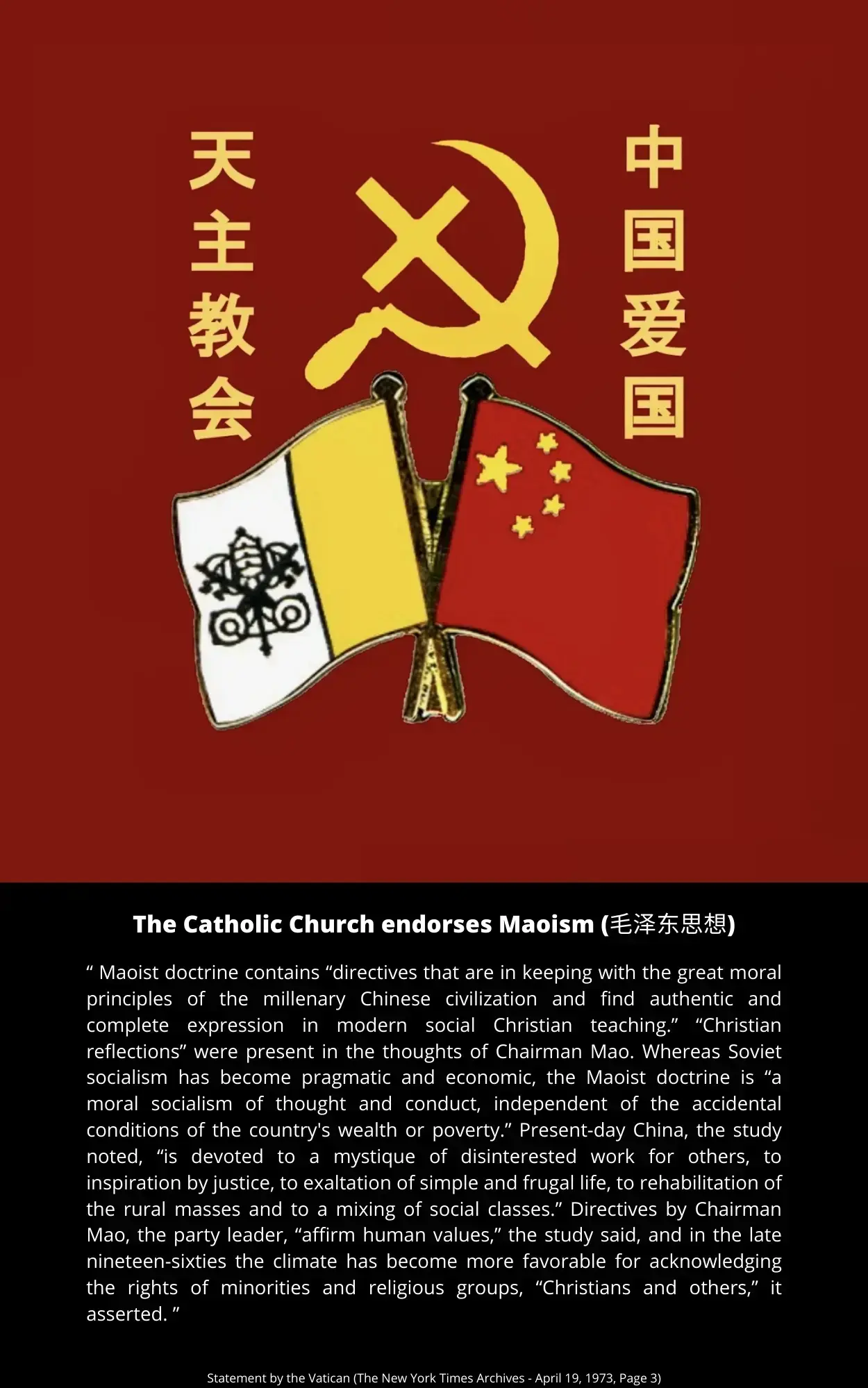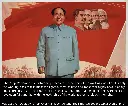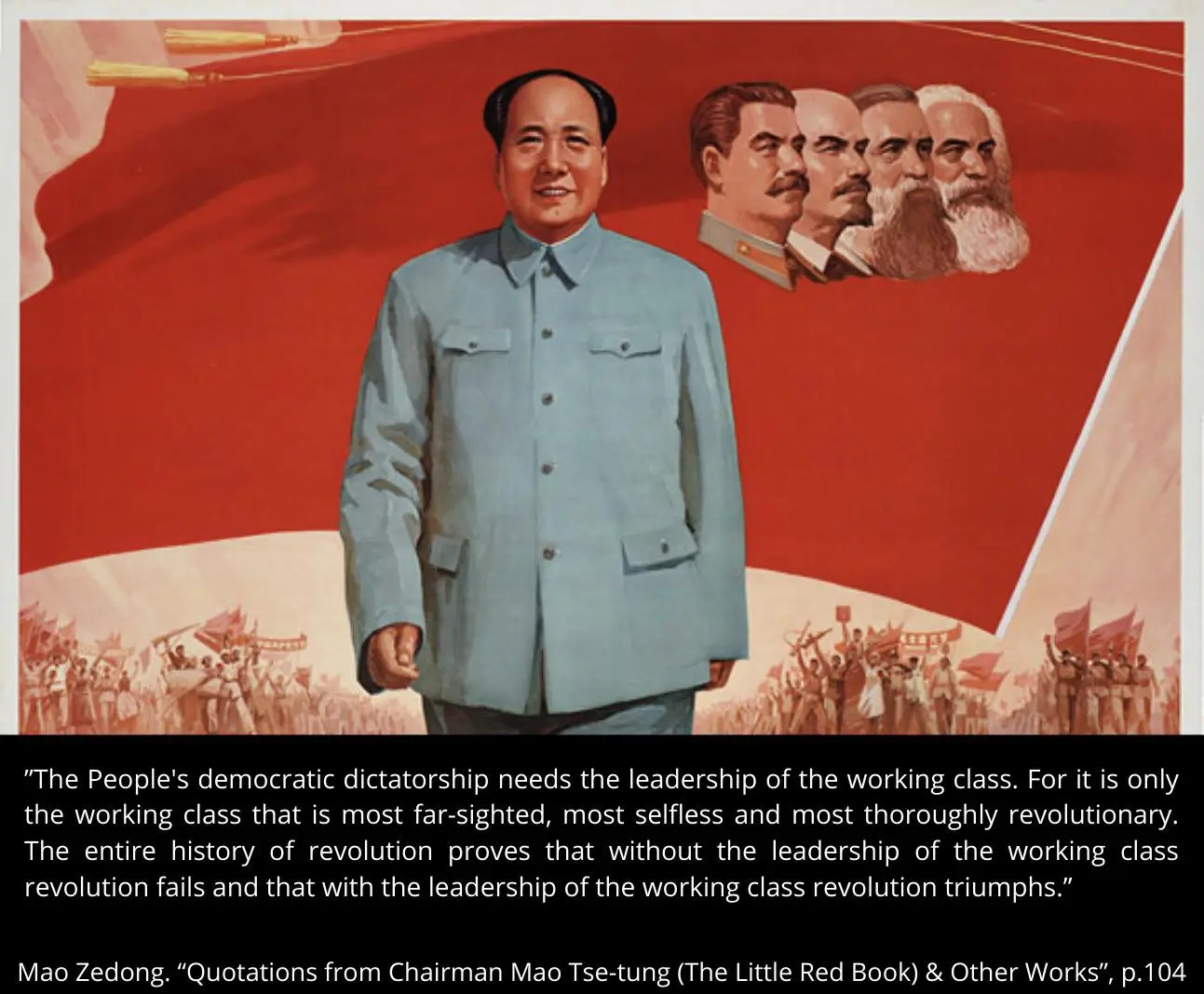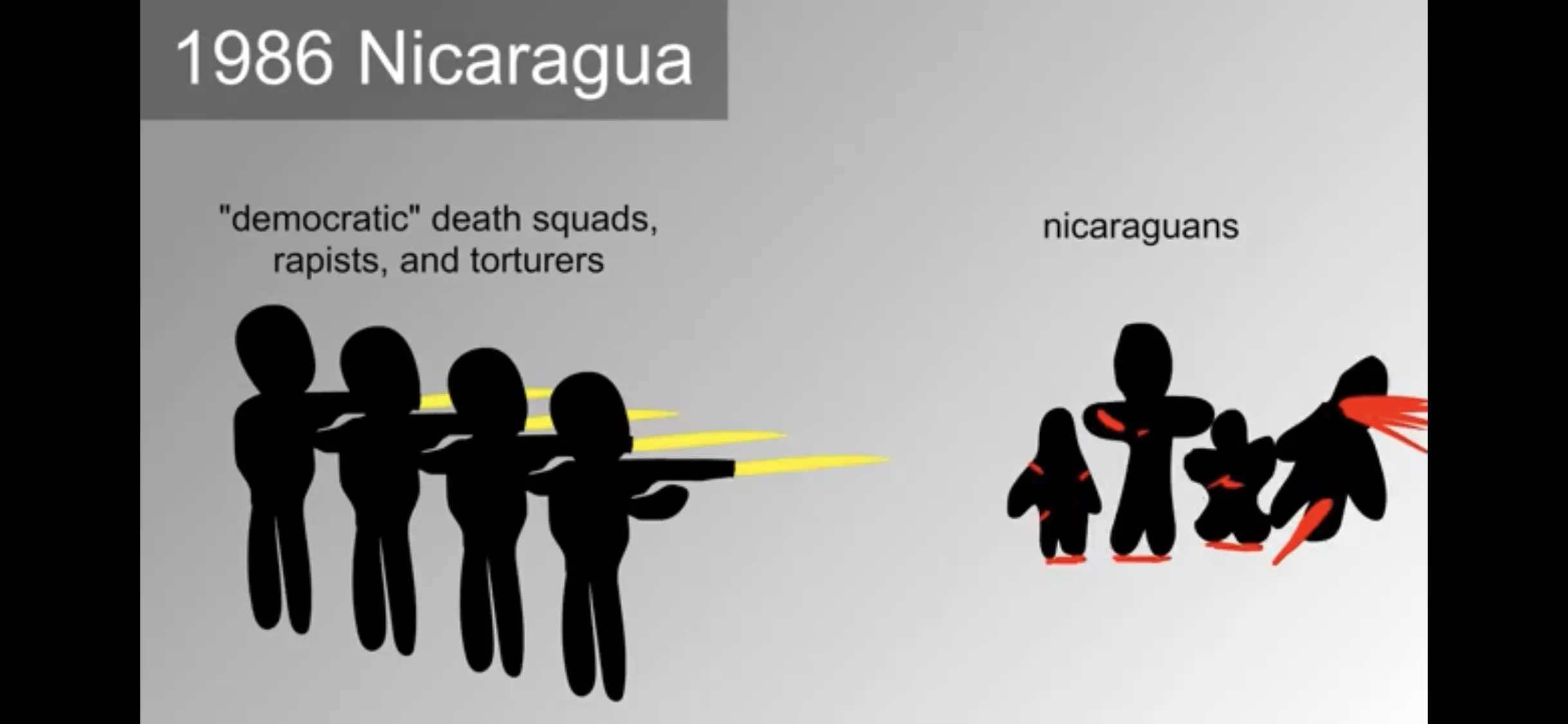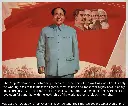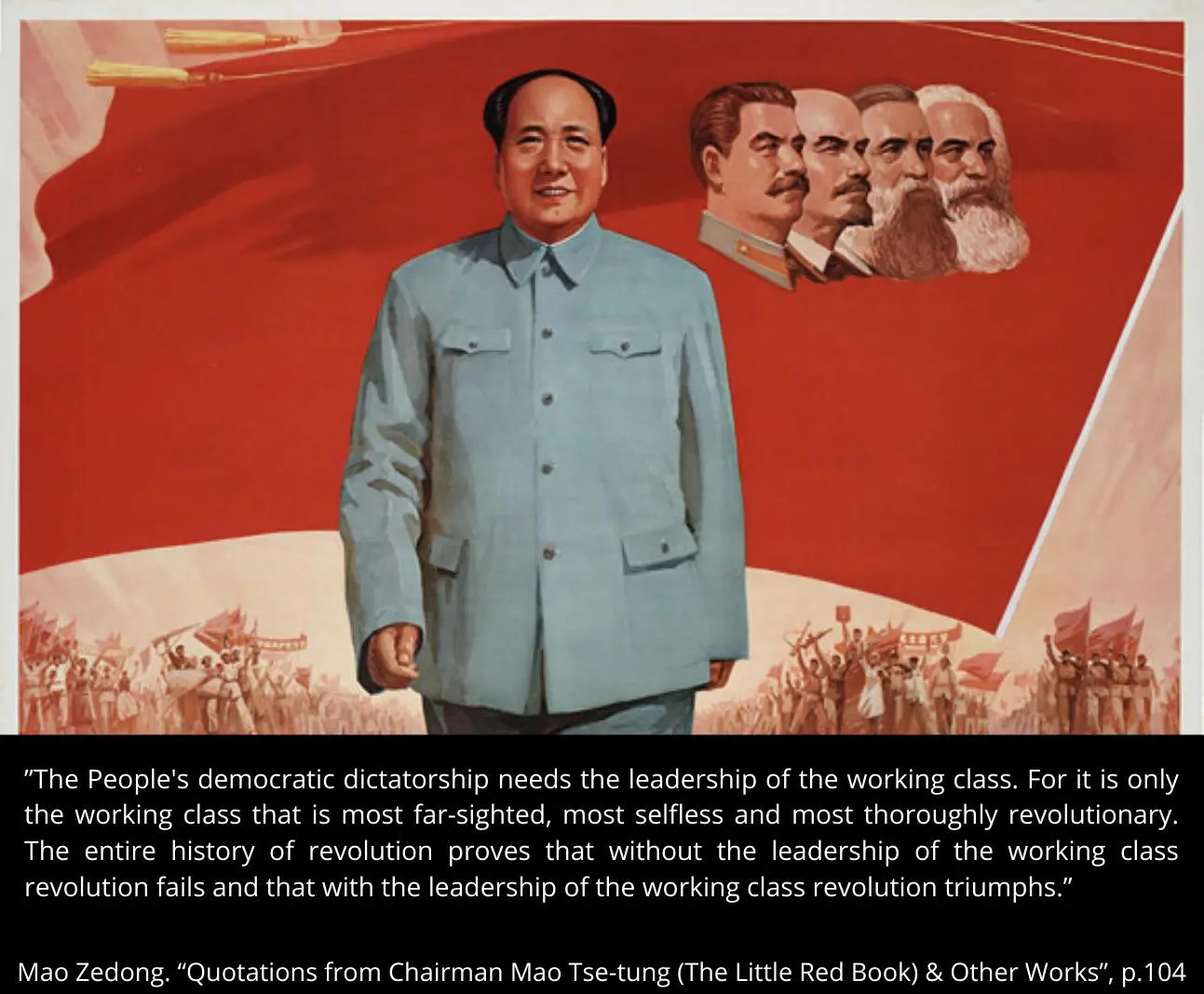Latin | Croatian | Filipino | French | German | Hungarian | Italian | Korean | Lithuanian | Portuguese | Spanish | Polish Catholic Integralism is a tradition of thought that, rejecting the liberal…
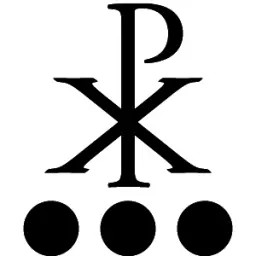
What is Catholic Integralism - Archived from the CSM subreddit
Catholic Integralism is a tradition of thought that, rejecting the liberal separation of politics from concern with the end of human life, holds that political rule must order man to his final goal. Since, however, man has both a temporal and an eternal end, integralism holds that there are two powers that rule him: a temporal power and a spiritual power. And since man’s temporal end is subordinated to his eternal end, the temporal power must be subordinated to the spiritual power. “Integralism in Three Sentences”, Pater Edmund Waldstein, O.Cist., Editor at The Josias The origin of the integralist phrase “the two powers” can be traced to Pope Saint Gelasius I’s letter to the Emperor Anastasius I: “For there are two, O emperor Augustus, by which the world is principally ruled: the sacred authority of pontiffs and the royal power.” (Famuli Vestrae Pietatis, 494 A.D.) It is for this reason that integralism is sometimes referred to as “Gelasian Dyarchy.” The Biblical exegesis for integralism is explained in a medieval encyclical of Pope Boniface VIII: “We are informed by the texts of the gospels that in this Church and in its power are two swords; namely, the spiritual and the temporal. For when the Apostles say: Behold, here are two swords [Lk 22:38] (that is to say, in the Church, since the Apostles were speaking), the Lord did not reply that there were too many, but sufficient.” (Unam Sanctam, 1302 A.D.) [For more on the Biblical basis for Integralism here] In modern times, Blessed Pope Pius IX has affirmed that “it is an error that the Church ought to be separated from the State, and the State from the Church” (Syllabus Errorum § 55). Pope Leo XIII warned that “to exclude the Church, founded by God Himself, from life, from laws, from the education of youth, from domestic society is a grave and fatal error. A State from which religion is banished can never be well regulated” (Immortale Dei § 32). The Second Vatican Council teaches that “the Church and the political community in their own fields are autonomous and independent from each other. Yet both, under different titles, are devoted to the personal and social vocation of the same men. The more that both foster sounder cooperation between themselves,… the more effective will their service be exercised for the good of all” (Gaudium et Spes § 76 ⁋ 3). The Council’s document on the laity also states that “the mission of the Church is not only to bring the message and grace of Christ to men but also to penetrate and perfect the temporal order with the spirit of the Gospel” (Apostolicam Actuositatem § 5). Integralism rejects liberalism as well as various modern ideologies of totalitarianism, such as fascism. Rather it is a traditional and Thomistic political theory based around natural law and the virtues, the family and solidarity, friendship, solidarity, and the common good. However, it must be noted that distortions of these principles have been used to justify far-right “christian” nationalism, which is why the ethics of integralist political theory must be guided by the ethos of liberation theology. Nominally “Catholic” governments, like that of Salazar’s Portugal, have violated the principles of integralism by ignoring the liberty of the Church, disregard for the common good, and disobedience to Catholic Social Teaching. Rather, it is the Social Encyclicals of the Popes that provide an outline of what an integralist society would look like. Fundamentally, integralism calls for the integral human development of all humanity, which means social justice for both the body and the soul. As Peter Maurin said, we seek “to make that kind of society where it is easier for men to be good.” “When once men recognize, both in private and in public life, that Christ is King, society will at last receive the great blessings of real liberty, well-ordered discipline, peace and harmony.” -Pope Pius XI, Quas Primas § 19
Welcome to the Catholic Solidarity Movement!
We reject Secularism, Capitalism, Imperialism, Racism, and Nationalism. We fully endorse Integralism, Anti-Capitalism, Marxism-Leninism-MZT, Anti-Imperialism, Anti-Racism, and Patriotism. Welcome to the movement. We draw our inspiration from Apostolic & Patristic anti-capitalism and Catholic teachings regarding the relationship between church and state. We are also influenced by Girolamo Savonarola Thought, drawing inspiration from the Florentine Republic during its time as a popular republic the control of the Frateschi.

